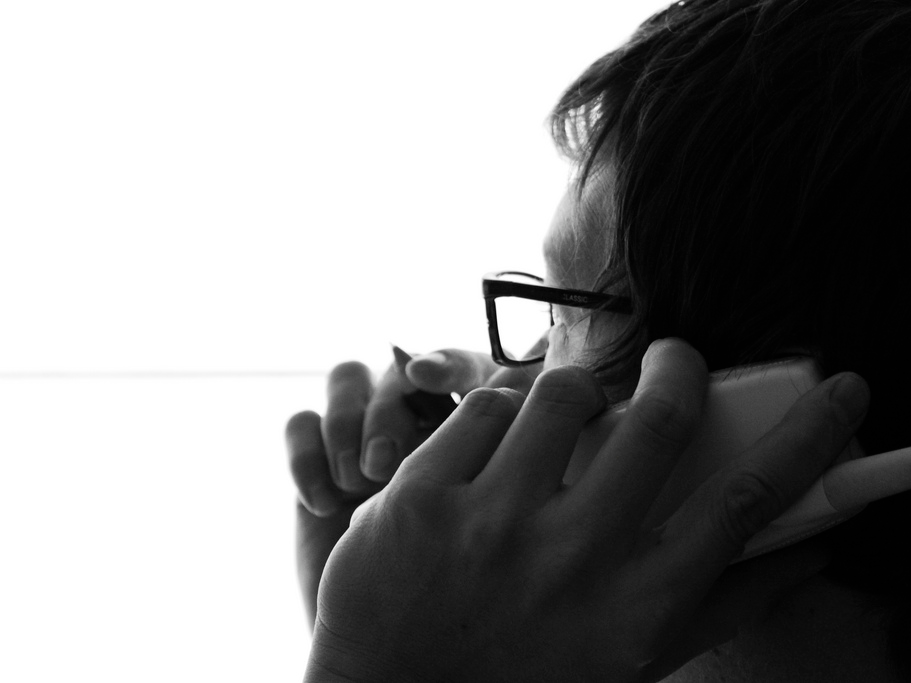- The US has long faced a shortage of mental healthcare, particularly for people with serious illnesses such as bipolar disorder and schizophrenia.
- The need for mental healthcare is increasing as people face grief, anxiety, and depression tied to the coronavirus pandemic, but fewer visits to counselors are happening because people are staying at home.
- Clinics and hospitals for people with serious mental illness and addictions are trying to get used to changes in how they care for patients, Business Insider reported.
- Clinics are facing financial challenges that threaten their ability to stay open. Click here to read more about how clinics are working to survive, in a story available exclusively to BI Prime subscribers.
The coronavirus pandemic has forced people who need treatment for addictions and mental illnesses to go from in-person therapy sessions and group meetings to phone calls and video conferencing.
In some ways, providing care over the phone has worked well, according to organizations that provide the services. Parents don’t have to arrange for childcare, and clinics can set up calls for the same times they used to hold therapy sessions.
But the technology won’t work well for everyone, including young children, people who don’t have a private place to talk, and people who are homeless or can’t afford phones. The current situation is worrying for advocates, who note psychiatric patients have historically suffered lack of access to care.
“We were already in crisis,” said Paul Gionfriddo, president and CEO of Mental Health America. “We already had inadequate services for people with psychosis. Now it’s worse.”
Advocates expect more people will seek care in the coming months to deal with grief, trauma, anxiety, and depression following job losses, tens of thousands of deaths, and people being alone at home.
There are already signs that's happening. The government's Substance Abuse and Mental Health Services Administration recently reported that calls to its hotline increased 891% from March 2019 to March 2020. A recent Gallup poll found more people say their mental health is suffering as a result of social distancing than say the same of their physical or financial health.
Despite the indications that more people need mental healthcare, clinics are suffering because they can't provide all the care they used to. An online survey from the National Council for Behavioral Health of 880 facilities found that 62.1% believe that they can survive financially for only three months or less under current conditions.
"It's pretty clear that we are at a moment in time where we are worried about losing a significant number of mental health providers and group homes," said John Snook, executive director of the Treatment Advocacy Center, which advocates for treatment of people with severe mental illness.
Click here to read more about the financial challenges facing clinics, available exclusively to BI Prime subscribers.
If you're having trouble finding a behavioral healthcare provider that provides residential treatment, and are willing to share your story with Business Insider, you can contact senior healthcare reporter Kimberly Leonard at [email protected].
